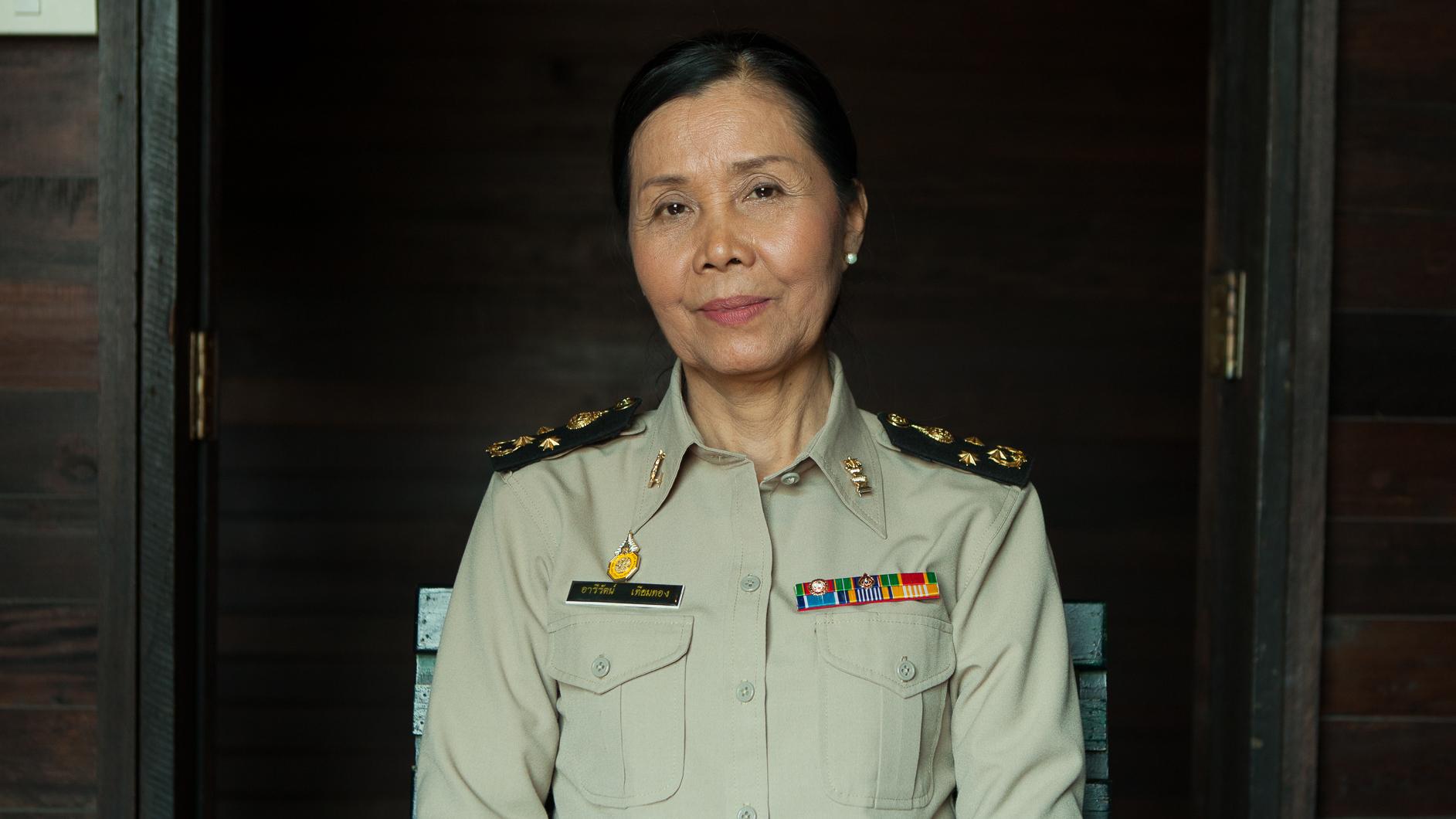In northern Thailand, female prisoners are getting a second chance. Through massage.
Chiang Mai Women's Correctional Institution director Arirat Thiamthong.
Ponnipa Chanpeng says she didn't have any other options. When she was 22, both her parents died, leaving her to take care of a younger brother — and her father's debt. Family couldn't help. Creditors harassed her daily. Banks wouldn't give her a loan. So she made a desperate choice. One that landed her in prison.
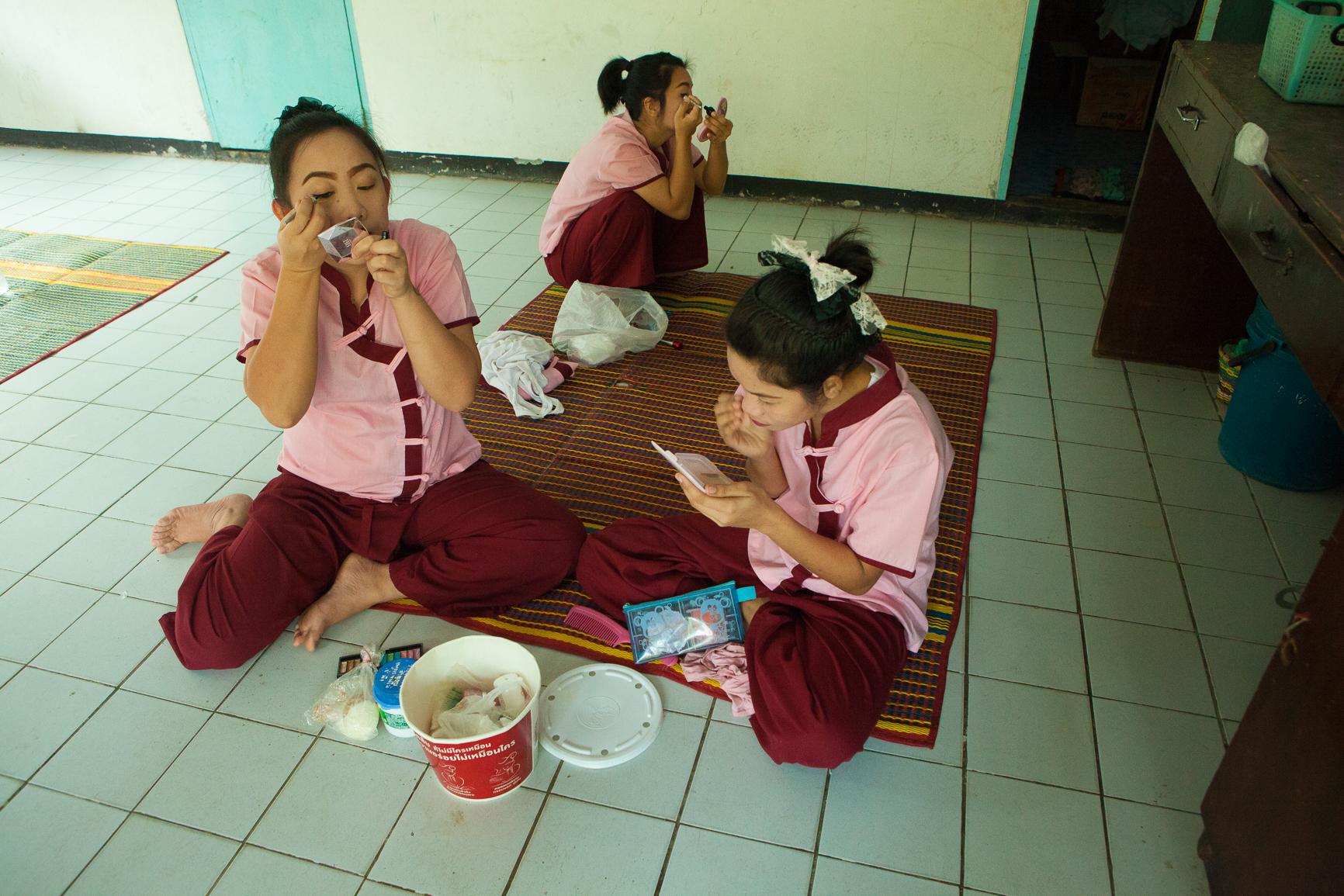
Throughout Thailand, rates of female imprisonment are on the rise. Between 2006 and 2012, the number of women in prison in Thailand increased almost 50 percent, with the vast majority of sentences stemming from using, producing or dealing drugs — mostly meth. Although prison officials wouldn't let me ask about the details of Chanpeng's crime (or photograph her), she said she planned to do "it" only once or twice. Just enough to get the money she needed to pay back her father's debt. But then she got caught.
In the quiet courtyard at the Women's Vocational Training Center in Chiang Mai, the women sweeping and cleaning don’t look like hardened criminals. They don’t even look like women who would cut you off in traffic. But they’re all inmates at the nearby Women’s Correctional Institution and more than 85 percent of them are doing time, like Chanpeng, for drugs.
Correctional Institution director Arirat Thiamthong says Chanpeng's case isn't unusual. Women from the hill tribe region — a term loosely used to describe ethnic minority communities living in the north — face particular cultural obligations that can play a part in why many end up here.
These women have "a higher responsibility for their families when compared to those of men,” Thiamthong says. “They have to take care of the children and everything else in the family, and when they can’t feed the stomachs in the family, it’s very easy to sway them to do this kind of thing.”
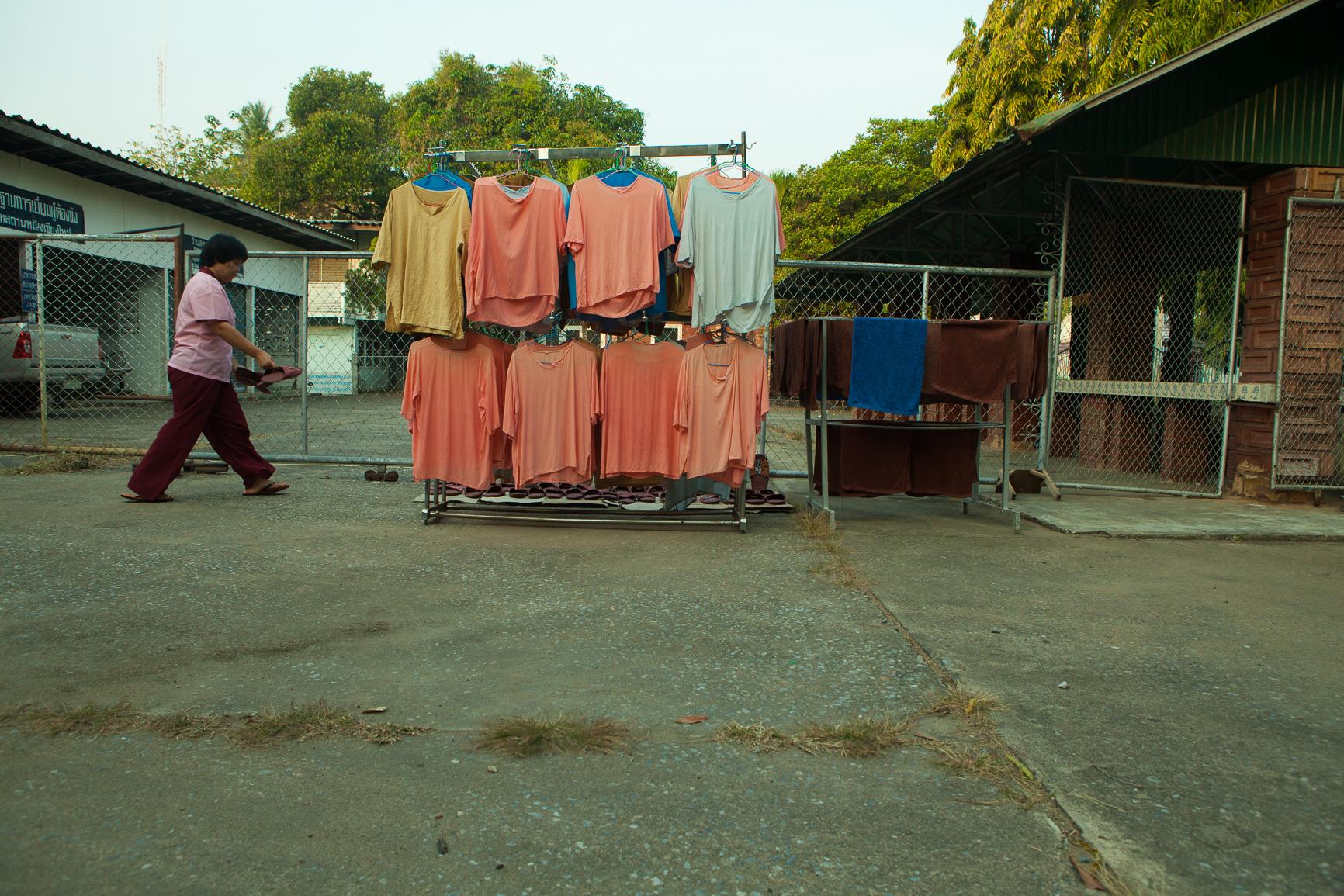
Inmate Chanpeng says officials need to start looking at the reasons why so many women like her are ending up in prison.
“Some girls are coerced to do that. And some girls might not be coerced, but they might be forced,” she says.
Regardless, the recidivism rate at the Chiang Mai Correctional Institution is quite low. That’s thanks in large part to Her Royal Highness Princess Bajrakitiyabha Mahidol. The member of Thailand’s royal family has been a huge advocate for women prisoners’ rights since 2006, when she launched an initiative called “Inspire.” It’s meant to improve conditions for mothers in prison and help reintegrate female prisoners into society after their release. The Vocational Training Program in Chiang Mai is a direct result of her efforts.
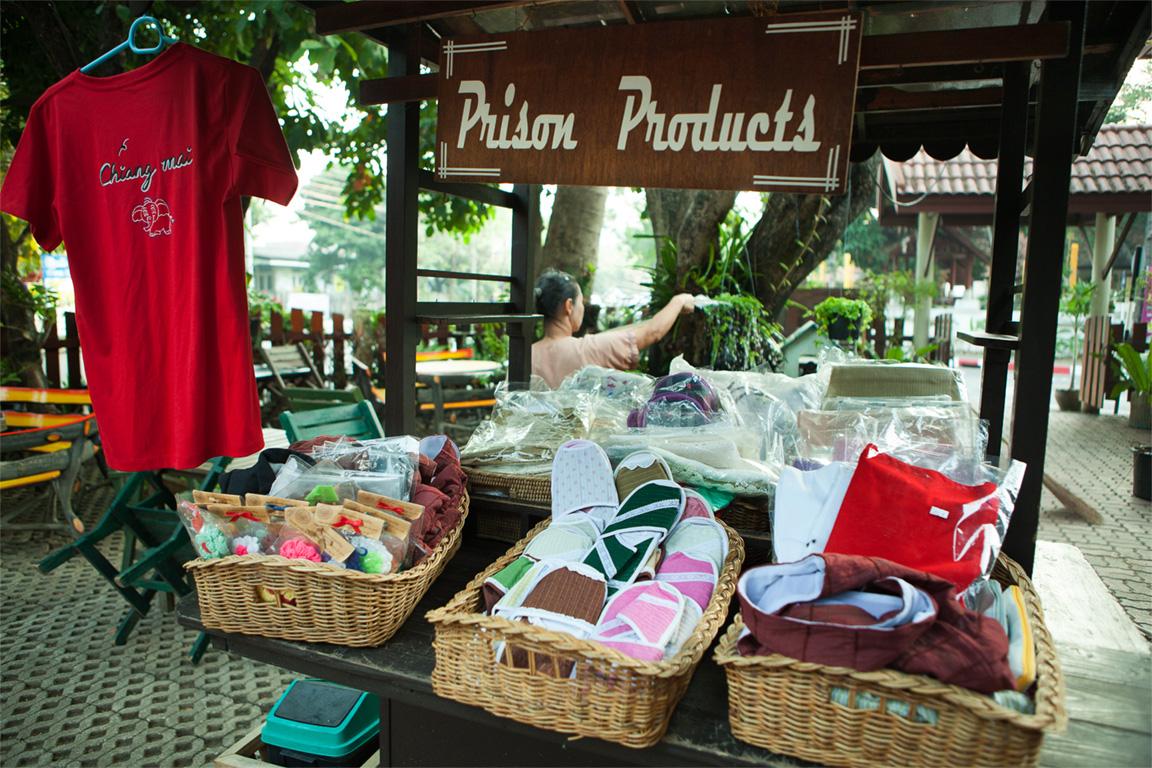
Every day, a line of customers, mostly tourists, wait patiently to book massage appointments at the Vocational Training Center. Slots fill up quickly, and many people are told to try again tomorrow.
Director Thiamthong says before their convictions, the prisoners here made good money. If they can’t find another job to pay the bills after their release, they’re likely to end up back in prison. After they complete massage training, the women can make up to 30,000 Thai baht a month (about $870), which is a decent salary in Chiang Mai.
Massage shops in Chiang Mai know the women get quality training and they actively recruit graduates. They even have official agreements with the center to assure both parties that they’re hiring prison graduates on the up and up.
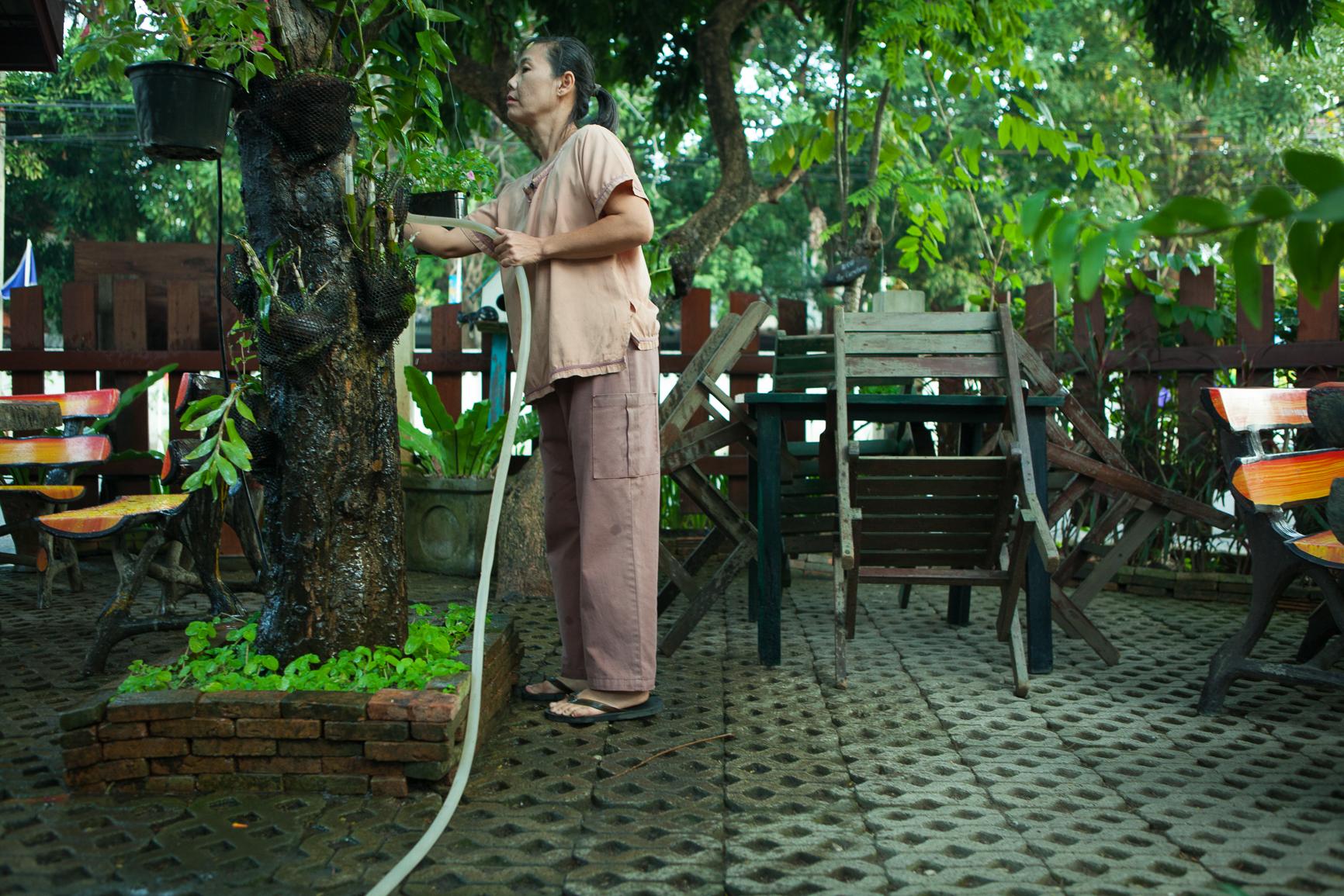
All of this is good for Chanpeng, who’s in the last three years of her prison sentence and training to become a massage therapist. But talking with her, I still feel sad. This is a woman who’s spent the past 17 years in prison for, essentially, trying to help her family. She was 22; her parents had just died; and she made a bad choice. Would I have done any differently in the same circumstances?
Now 40, Chanpeng says she sees herself in the new arrivals who come every week to the prison.
“I feel sorry for them, and also for myself because I just threw away my future,” she says. But now at least, Chanpang says she knows what she’ll be doing next.
“It gives me more confidence to go further in life,” she says. “I don’t want to do drugs like the last time. I think I’ll find my own way.”
